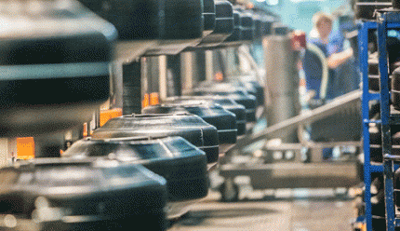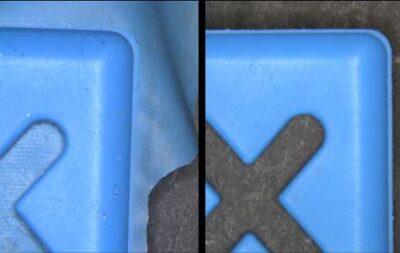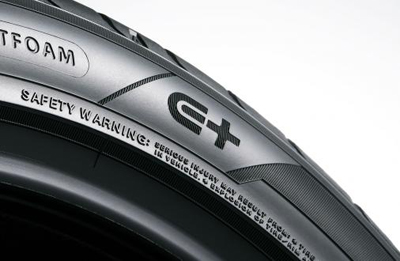Controls help tire cord manufacturer improve performance of wire draw system
Global distributor Wesco and Siemens have teamed up with a
local integrator to enable a major Tennessee tire manufacturer to
achieve consistent tension and save money. As Chad Garner, a
Nashville based application engineer with distributor Wesco,
related: “We were presented with a significant challenge by one
of our great customers: a tire manufacturer in the area. They
needed to upgrade their multiple wire drawing machines for tire
cord production in the plant.”










